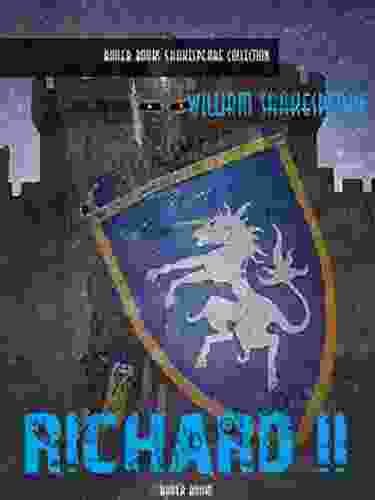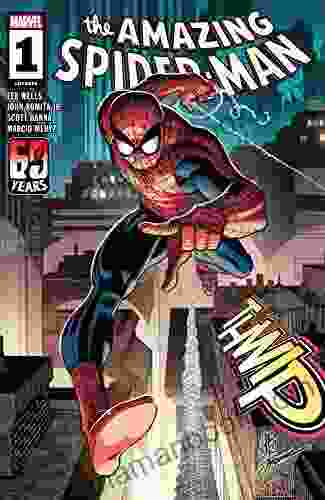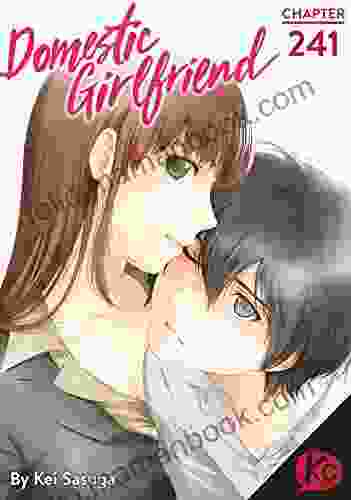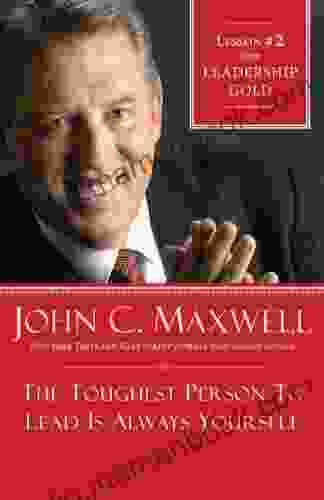Delving into the Literary Masterpiece: Richard II by William Shakespeare - Act 10

Within the vast tapestry of William Shakespeare's literary repertoire, the play "Richard II" stands as a compelling portrayal of power, ambition, and the complexities of human nature. Set against the backdrop of 14th-century England, the play follows the reign and downfall of King Richard II, a monarch whose reign was marked by both moments of triumph and tragic missteps. Act 10 of the play serves as a pivotal turning point, intensifying the dramatic tension and foreshadowing the inevitable tragedy that awaits.
Scene 1: The Deposition of Richard II
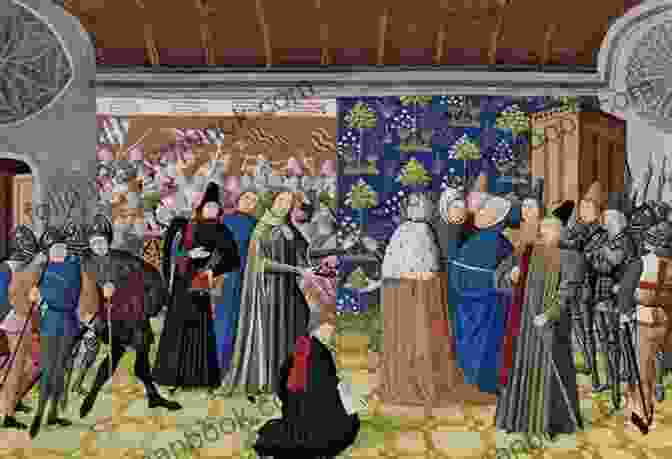
4.4 out of 5
| Language | : | English |
| File size | : | 611 KB |
| Text-to-Speech | : | Enabled |
| Screen Reader | : | Supported |
| Enhanced typesetting | : | Enabled |
| Print length | : | 66 pages |
The opening scene of Act 10 thrusts us into the tumultuous heart of Westminster Hall, where a solemn ceremony is underway. King Richard II, once a revered monarch, now stands stripped of his sovereign authority. The Archbishop of York, accompanied by Henry Bolingbroke, the future King Henry IV, confronts Richard, demanding his abdication.
Richard, his spirit broken, reluctantly surrenders his crown and scepter. As he utters the words, "I give this heavy weight from off my head," a profound sense of loss and resignation envelops the scene. Bolingbroke, seizing the moment, ascends to the throne, marking the end of Richard's reign and the beginning of a new era.
Scene 2: Richard's Lamentation
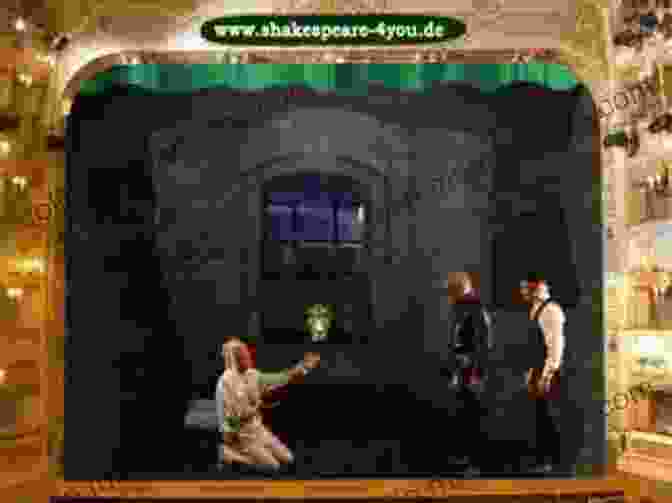
The following scene transports us to Pomfret Castle, where Richard, now a captive, reflects upon his downfall. Imprisoned and alone, he grapples with the transience of power and the cruel twists of fate.
In a poignant monologue, Richard laments, "I have been studying how I may compare / This prison where I live unto the world." He draws parallels between his confinement and the limitations of human existence, recognizing that even those in the highest positions of power are subject to the whims of fortune.
Scene 3: The Murder of Richard II
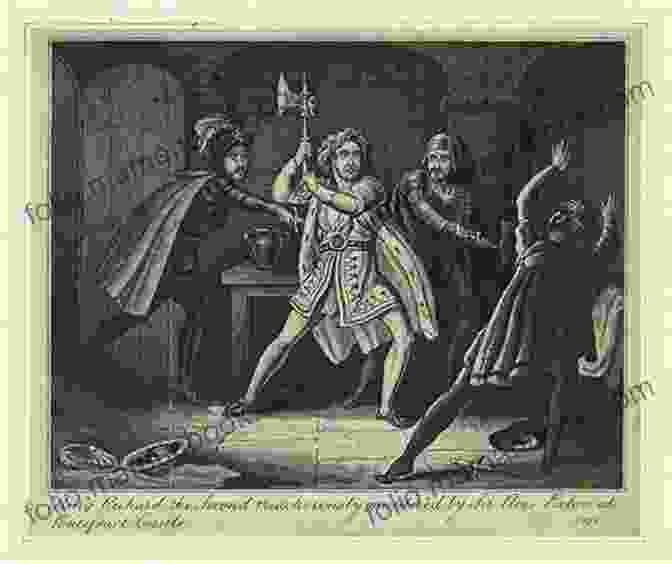
Act 10 culminates in a tragic climax. Sir Piers Exton, a ruthless henchman sent by Henry IV, enters Richard's cell with murderous intent. Despite Richard's desperate pleas for mercy, Exton strikes him down, extinguishing the life of the former king.
The murder of Richard II serves as a stark reminder of the brutality and violence that often accompany the pursuit of power. It also foreshadows the instability and bloodshed that will plague Henry IV's reign.
Literary Devices and Themes
Shakespeare employs a range of literary devices throughout Act 10 to heighten the dramatic impact and explore the play's central themes.
* Foreshadowing: The play is replete with hints and foreshadowing that suggest Richard II's impending downfall. Examples include the gardeners' discussion of dethroning kings in Act 3, Scene 4, and the Bishop of Carlisle's prophecy in Act 4, Scene 1. * Imagery: Shakespeare uses vivid imagery to create a sense of spectacle and atmosphere. The deposition scene, for instance, is filled with references to heavy crowns and the surrender of symbols of authority. * Monologue: Richard II's soliloquies provide deep insight into his character and inner turmoil. His lamentation in Scene 2 is a particularly poignant expression of the fragility of power and the universal human experience of suffering.
The play also explores several key themes, including:
* The nature of power: Richard II's reign illustrates the corrupting influence of power and the dangers of unchecked ambition. * The role of fate and free will: The play raises questions about the extent to which Richard's actions contribute to his downfall or whether his fate is predetermined. * The complexities of human nature: The characters in "Richard II" are flawed and multifaceted, demonstrating the full spectrum of human emotions and motivations.
Historical Context
While "Richard II" is a work of fiction, it draws heavily upon historical events. Richard II was a real English king who was deposed and murdered in 1399. Shakespeare's play dramatizes these historical events and uses them to explore timeless human themes.
By setting the play in the context of actual historical events, Shakespeare invites audiences to reflect on the lessons of history and the nature of power and authority.
Legacy and Impact
"Richard II" has had a profound impact on English literature and theater. It is considered one of Shakespeare's finest historical plays and has been performed and adapted countless times over the centuries.
The play's exploration of power, ambition, and human nature continues to resonate with audiences today, making it a timeless and relevant work of art.
Act 10 of "Richard II" is a pivotal moment in the play, intensifying the dramatic tension and foreshadowing the tragic climax that awaits. Through its use of literary devices, exploration of themes, and historical context, the play invites audiences to contemplate the nature of power, the fragility of human existence, and the timeless complexities of human nature.
As we close the curtain on Act 10, we are left with a sense of both tragedy and reflection. The play's message, as relevant today as it was in Shakespeare's time, reminds us that even in the face of adversity, we must strive for compassion, understanding, and the pursuit of a just and equitable society.
4.4 out of 5
| Language | : | English |
| File size | : | 611 KB |
| Text-to-Speech | : | Enabled |
| Screen Reader | : | Supported |
| Enhanced typesetting | : | Enabled |
| Print length | : | 66 pages |
Do you want to contribute by writing guest posts on this blog?
Please contact us and send us a resume of previous articles that you have written.
 Top Book
Top Book Novel
Novel Fiction
Fiction Nonfiction
Nonfiction Literature
Literature Paperback
Paperback Hardcover
Hardcover E-book
E-book Audiobook
Audiobook Bestseller
Bestseller Classic
Classic Mystery
Mystery Thriller
Thriller Romance
Romance Fantasy
Fantasy Science Fiction
Science Fiction Biography
Biography Memoir
Memoir Autobiography
Autobiography Poetry
Poetry Drama
Drama Historical Fiction
Historical Fiction Self-help
Self-help Young Adult
Young Adult Childrens Books
Childrens Books Graphic Novel
Graphic Novel Anthology
Anthology Series
Series Encyclopedia
Encyclopedia Reference
Reference Guidebook
Guidebook Textbook
Textbook Workbook
Workbook Journal
Journal Diary
Diary Manuscript
Manuscript Folio
Folio Pulp Fiction
Pulp Fiction Short Stories
Short Stories Fairy Tales
Fairy Tales Fables
Fables Mythology
Mythology Philosophy
Philosophy Religion
Religion Spirituality
Spirituality Essays
Essays Critique
Critique Commentary
Commentary Glossary
Glossary Bibliography
Bibliography Index
Index Table of Contents
Table of Contents Preface
Preface Introduction
Introduction Foreword
Foreword Afterword
Afterword Appendices
Appendices Annotations
Annotations Footnotes
Footnotes Epilogue
Epilogue Prologue
Prologue Jay Posick
Jay Posick Iain Mcgilchrist
Iain Mcgilchrist Shauna Niequist
Shauna Niequist Michelle Cole
Michelle Cole Thea Cambert
Thea Cambert Lawson Mcdowell
Lawson Mcdowell Timothy Beal
Timothy Beal Rajat Acharyya
Rajat Acharyya G Victor Hallman
G Victor Hallman Stella Tartsinis
Stella Tartsinis Kazuyuki Motohashi
Kazuyuki Motohashi Alan Evans
Alan Evans Alan J Harrison
Alan J Harrison Ernest J Gaines
Ernest J Gaines Robert P French
Robert P French Marcello Sorce Keller
Marcello Sorce Keller Barbara Mossberg
Barbara Mossberg Mark Stone
Mark Stone John Faunce
John Faunce Foong Kwin Tan
Foong Kwin Tan
Light bulbAdvertise smarter! Our strategic ad space ensures maximum exposure. Reserve your spot today!
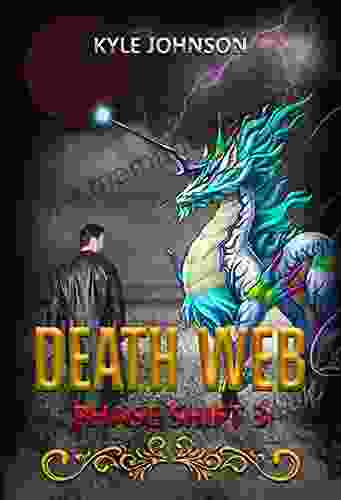
 Philip BellUnraveling the Death Web Phase Shift: Kyle Johnson's Pioneering Research on...
Philip BellUnraveling the Death Web Phase Shift: Kyle Johnson's Pioneering Research on...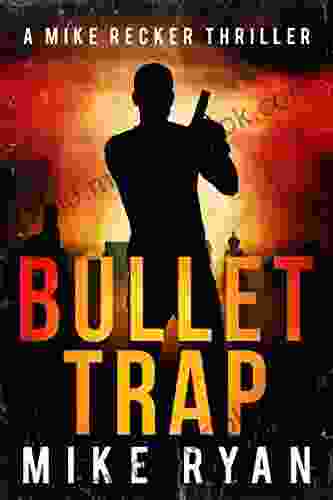
 Efrain PowellBullet Trap: The Silencer 15 - An In-Depth Review of the Ultimate Precision...
Efrain PowellBullet Trap: The Silencer 15 - An In-Depth Review of the Ultimate Precision... Jonathan HayesFollow ·18.8k
Jonathan HayesFollow ·18.8k Junot DíazFollow ·11.2k
Junot DíazFollow ·11.2k Jerry HayesFollow ·15k
Jerry HayesFollow ·15k Ashton ReedFollow ·8.1k
Ashton ReedFollow ·8.1k Bobby HowardFollow ·19.4k
Bobby HowardFollow ·19.4k Gordon CoxFollow ·11.1k
Gordon CoxFollow ·11.1k Bret MitchellFollow ·10.4k
Bret MitchellFollow ·10.4k Evan SimmonsFollow ·15.9k
Evan SimmonsFollow ·15.9k

 Dean Cox
Dean CoxHow to Make Decisions Easily & Effortlessly: The...
The Different Types of Decisions There...
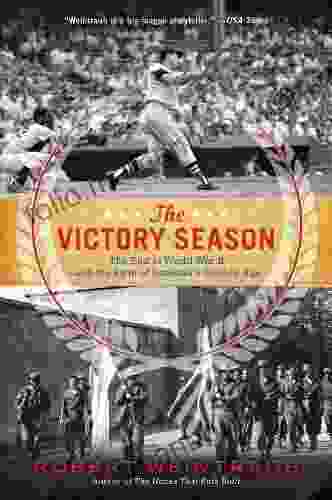
 Gustavo Cox
Gustavo CoxThe End of World War II and the Birth of Baseball's...
The end of...
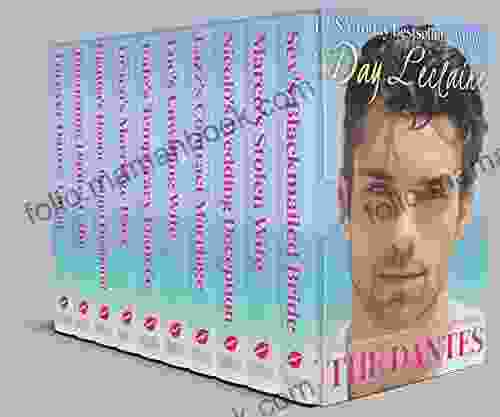
 Patrick Rothfuss
Patrick RothfussThe Dantes: An 11-Family Saga of Billionaires, Soulmates,...
The Dantes is an epic family saga that follows...
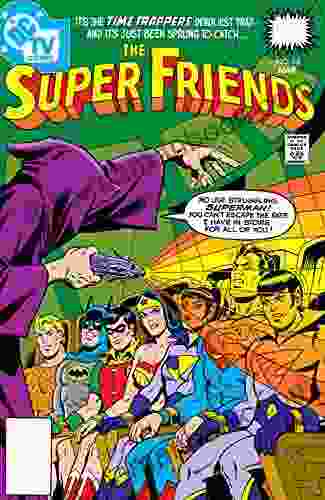
 Dylan Mitchell
Dylan MitchellSuper Friends: The Animated Adventures That Defined a...
In the vibrant landscape of American...

 Jamal Blair
Jamal BlairCollege For Students With Disabilities: We Do Belong
College can be a...
4.4 out of 5
| Language | : | English |
| File size | : | 611 KB |
| Text-to-Speech | : | Enabled |
| Screen Reader | : | Supported |
| Enhanced typesetting | : | Enabled |
| Print length | : | 66 pages |


